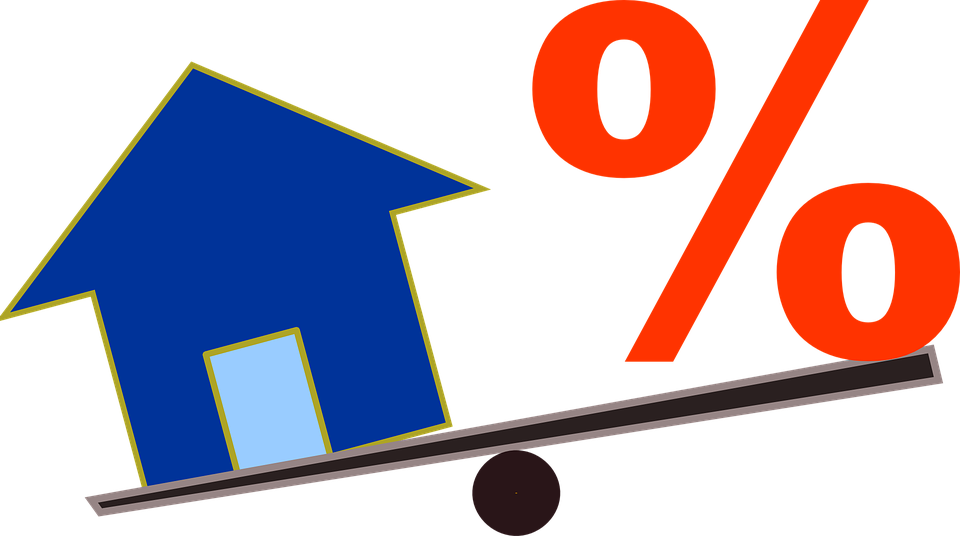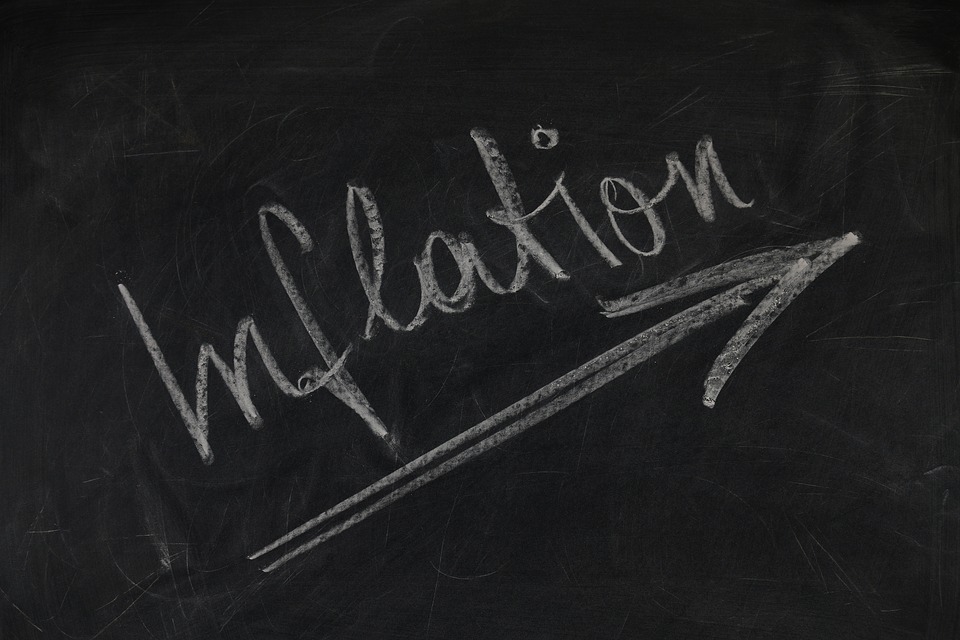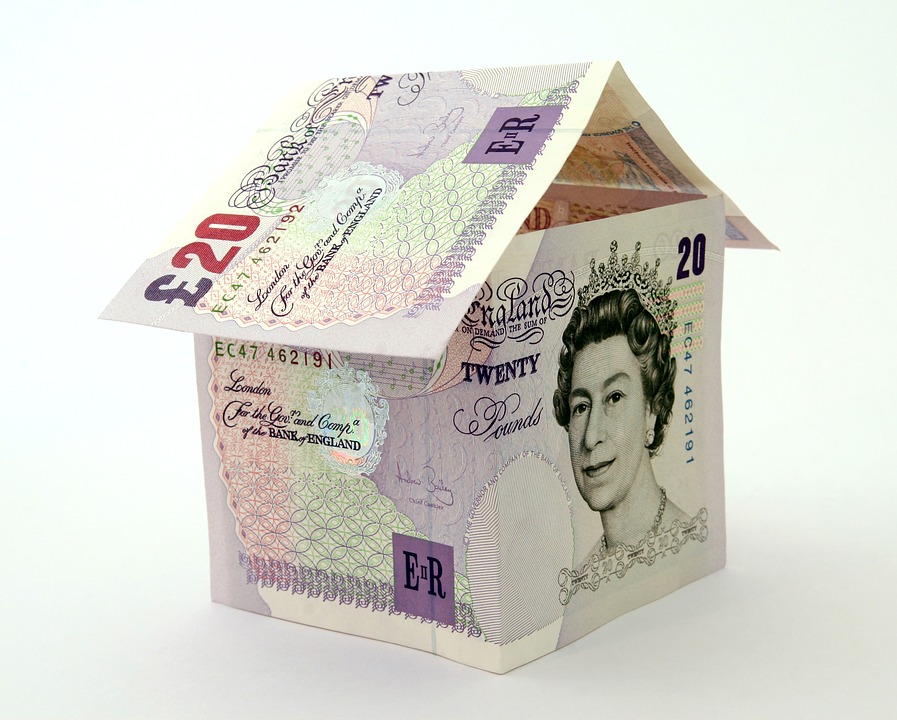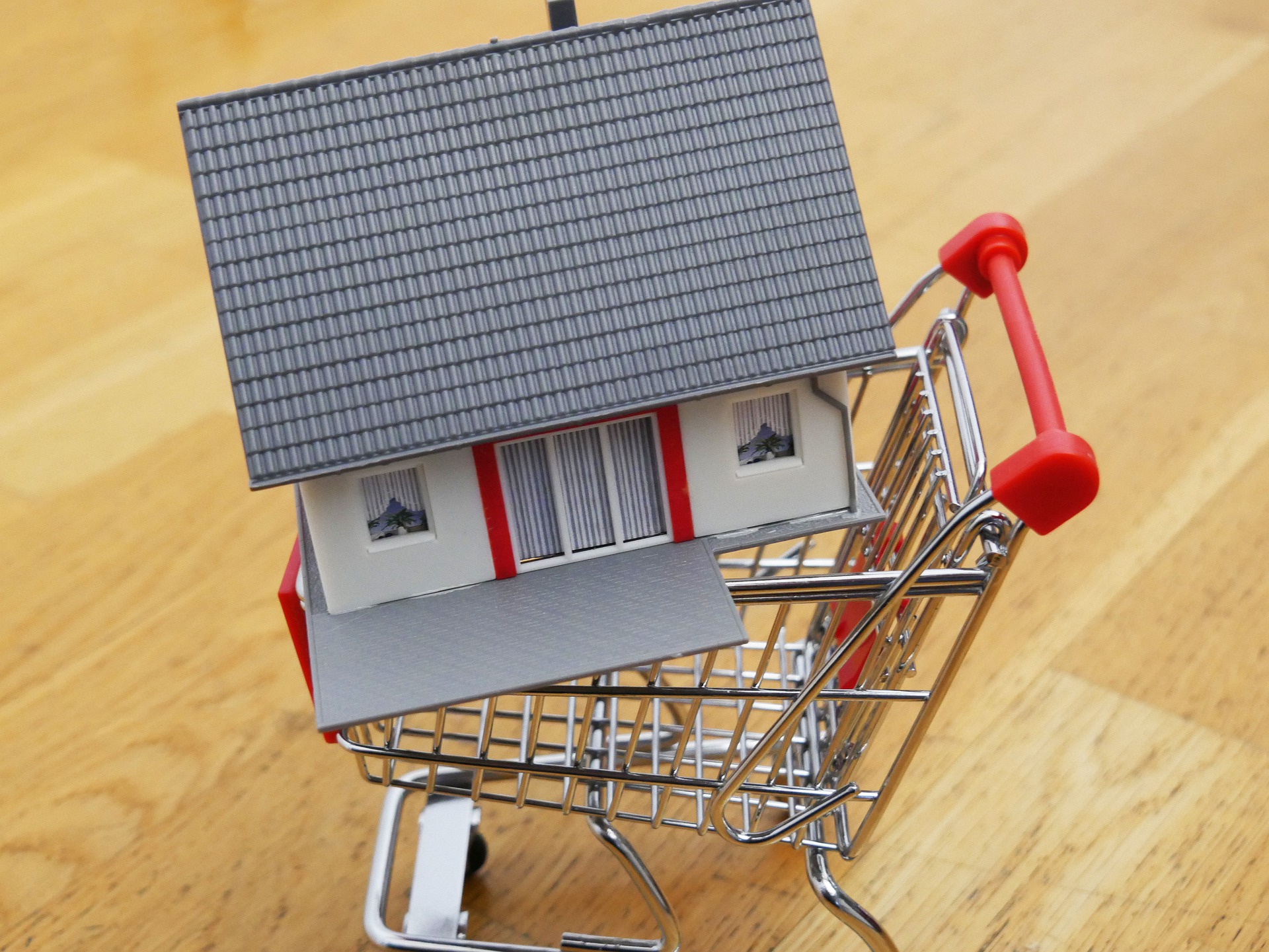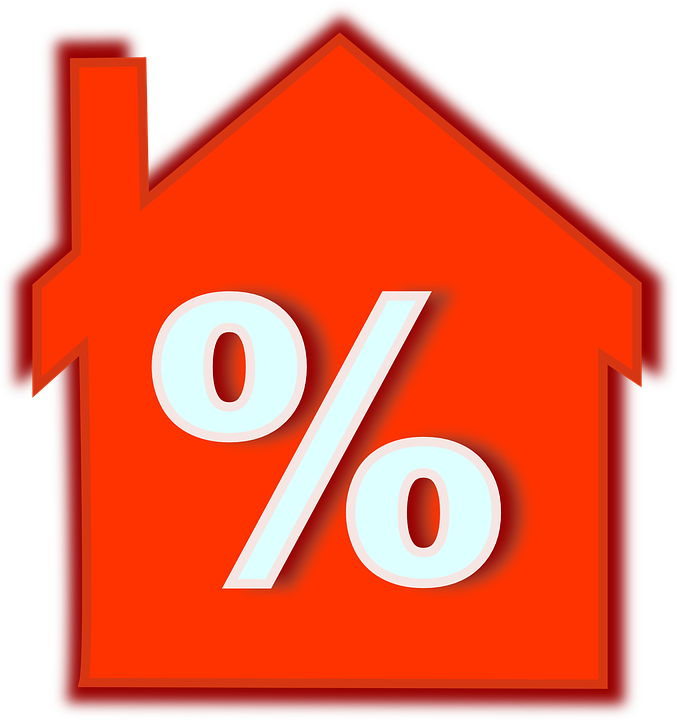The price of property coming to market has hit a new record high for the third consecutive month, with an average monthly increase of 1.6% rising by £5,537, according to the latest data from Rightmove’s house price index.
The data showed that house prices have risen by £19,082 over the last three months, which is the largest three-month price increase that Rightmove has recorded, as high buyer demand has enabled sellers to ask and achieve higher prices.
With not enough property available on the market, sellers are able to find a buyer quicker than ever before, according to Rightmove, and twice as quickly as in the same period in the more normal market of 2019.
Contact us today to speak with a specialist Commercial Finance Broker to discuss how we can assist you.
Despite the growing economic headwinds, Rightmove forecasts that these headwinds will slow the pace of price rises as the year progresses.
With three new monthly price records in a row, Rightmove director of property data Tim Bannister comments: “2022 has started with price-rise momentum even greater than during the stamp-duty-holiday-fuelled market of last year.”
Bannister says: “While growing affordability constraints mean that this momentum is not sustainable for the longer term, the high demand from a large number of buyers chasing too few properties for sale has led to a spring price frenzy, a hat-trick of record price months, and the largest price increase for a three-month period Rightmove has ever recorded.”
“The strong momentum has carried over from last year and, combined with the impetus of the spring moving season, has delivered the quickest selling market we’ve ever seen. The high speed of the market and competition among buyers when making an onward move will be deterring some owners from putting their homes up for sale.”
Three months of price growth in the midst of rising inflation and interest rates, as well as the ongoing economic uncertainty, according to MT Finance director Tomer Aboody, “further highlights the lack of properties coming onto the market. This is creating huge competition among buyers, which is driving prices ever higher”.
Read about the UK Housing Market via our Specialist Residential & Buy to Let Division
Aboody comments: “While the chance of further interest rate rises is extremely high, buyers are taking advantage of low rates and fixing for as long as possible in order to manage their mortgage payments over the next few years.”
He highlights that a change in stamp duty is needed so that more sellers look to sell, increasing supply and stabilising house prices.
The index also showed that across Great Britain in Rightmove’s lower, middle, and upper market sectors, properties are at new record price levels, which is only the second time since 2007 that such an event has been recorded, with the previous ‘full house’ being earlier in this property frenzy in October of last year.
In 2019, the average time to sell was 67 days, the index’s latest data showed that it currently stands at an average of just 33 days before a property is marked as sold subject to contract on Rightmove.
With properties selling faster than ever, 53% of properties that sell are now selling at or over their final advertised asking price, the highest percentage the index has ever measured.
Rightmove says that properties are achieving 98.9% of the final advertised asking price on average, which is also the highest percentage since its records started.
However, it has been highlighted that the pace of price rises is beginning to tail off a little, with this month’s increase of 1.6% being lower than the 1.7% and 2.3% in the previous two months.
While it is normal to see modest seasonal price falls in several months of the second half of the year, with stock remaining at record lows and underlying strong demand, Rightmove says it does not expect the falls to be any more significant than usual this year.
Henry Dannell director Geoff Garrett comments: “While we don’t expect to see market activity evaporate completely, the growing cost of living will be a significant factor in the months to come and as household finances are stretched, it’s likely that prospective buyers will ease off on the sums they’re willing to offer. As a result, sellers will need to realign themselves with these changing market conditions and this will cause the rate of house price growth to cool.”
By Becky Bellamy
Source: Mortgage Finance Gazette
Discover our Commercial Mortgage Broker services.

